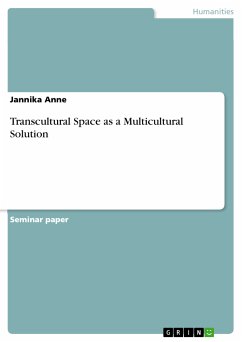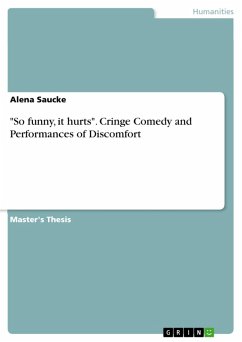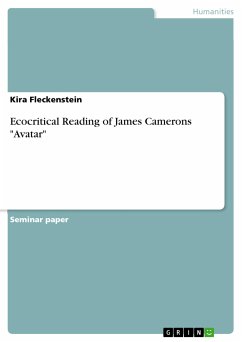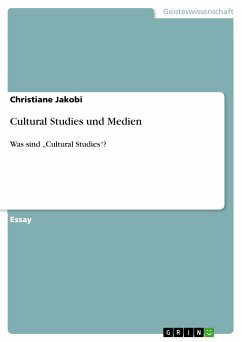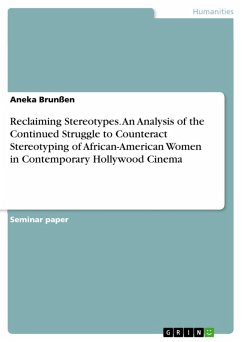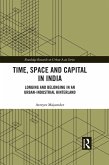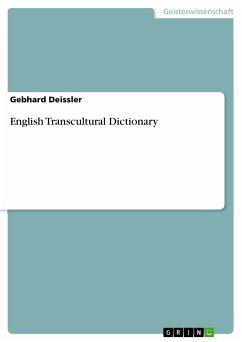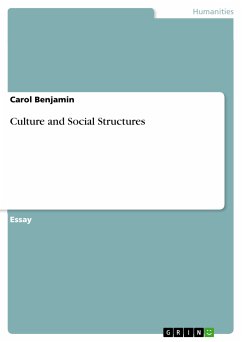Seminar paper from the year 2014 in the subject Cultural Studies - Basics and Definitions, grade: 1,3, University of Heidelberg (Philosophische Fakultät), course: Urbanism; Place-Making, language: English, abstract: The times when a politician could rely on references to a stable, homogenized notions of his place and hope to reach his citizens have long been over. Nowadays, the idea of a culture or identity of a place as unchanging, homogenous to the inside and clearly delimited to the outside, has not only been overcome, but also considered as invalid for any moment in time. This paper tries to outline a possible version of transcultural notions of space. The main point is to raise different perspectives and possibly find a solution for conflicts which concepts such as multiculturalism were not able to solve. First, this paper intends to define transcultural space as it might and would be interpreted in this work. This involves the characteristics, the areas where a transcultural perspective could be particularly useful and the attempt at a working definition. The second section copes with transcultural space in itself, the opportunities it offers, where it might contribute to place-making and urban research and also its limits which have to be mentioned. The third section applies transcultural space perceptions to place, namely Macau. A very short case study investigates if, where and in how far a place can be considered transcultural. The conclusion then summarizes and finalizes the paper.
Dieser Download kann aus rechtlichen Gründen nur mit Rechnungsadresse in A, B, BG, CY, CZ, D, DK, EW, E, FIN, F, GR, HR, H, IRL, I, LT, L, LR, M, NL, PL, P, R, S, SLO, SK ausgeliefert werden.

